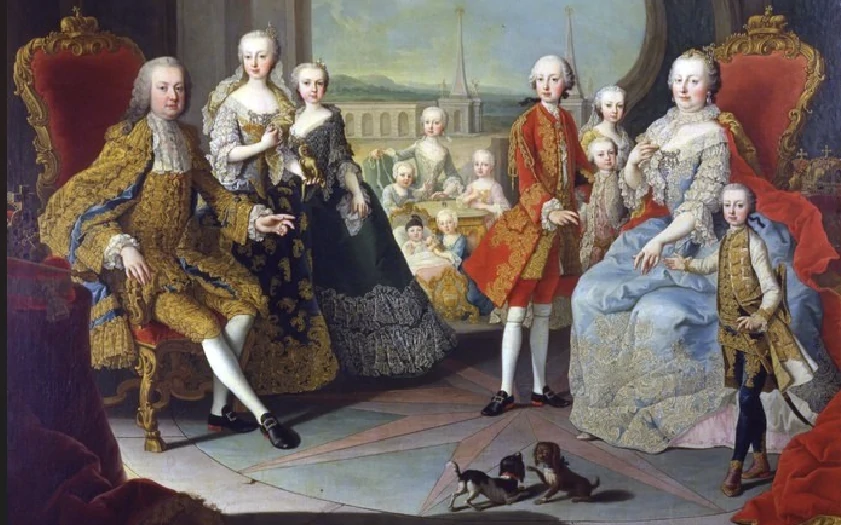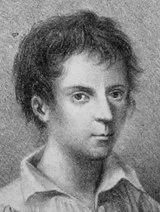Johann Georg Grasel was one of the great figures in Austrian criminal history.
The lawbreaker was put on trial in Vienna.
The verdict was pronounced on the Hoher Markt.
He himself came from a broken family background.
From a socio-historical perspective, the Napoleonic Wars were a cause of the weakening of constitutional structures. In the era from 1790 to around 1820, crimes against life and limb and property offenses were the order of the day in the suburbs of Vienna as well as in the provincial communities.
There was hardly any functioning law enforcement.
Other reasons were corruption and the influence of landowners, which prevented public order from functioning.
The rural population feared and loved the robber chief. He was known for his brutal raids, but he also supported the poor and needy.
Grasel had many friends and supporters among the population in northern Lower Austria.
The criminal and his gang developed into a security problem.
The emperor sent military units to Lower Austria. The robber chief got “wind of it” in time and retreated.
The K.u.K. military was of no help in the search for the bandit .
A different strategy was needed.
A policeman from Brno, David Mayer, set himself the task of catching the criminal .
The lawman cooperated with the court administrator of Drosendorf, Franz Josef Schopf, and the robber chief’s mistress, Therese Heinberger. Mayer had a plan: he played a criminal who would free Therese Heinberger from prison in Drosendorf and take her to the robber chief Grasel.
The plan was agreed with the court administrator Schopf.
Grasel was arrested at the inn in Mörtersdorf and deported to Vienna, along with his closest accomplices Ignaz Stangel and Jakob Fähding. The trio was presented to the public at Hoher Markt The death sentences were carried out on the Glacies in front of the Schottentor. Time Travel Tip: Hoher Markt 5, the “Schranne”, former Vienna City and Provincial Court, now a residential building, built in 1855, where Johann Georg Grasel and his comrades-in-arms were sentenced to death by hanging. Editor: Michael Ellenbogen

Maria Theresa’s children: the 16 descendants of the ruler
It is well known that Maria Theresa gave birth to 16 children. But who were they and what became of them? How many of them…


